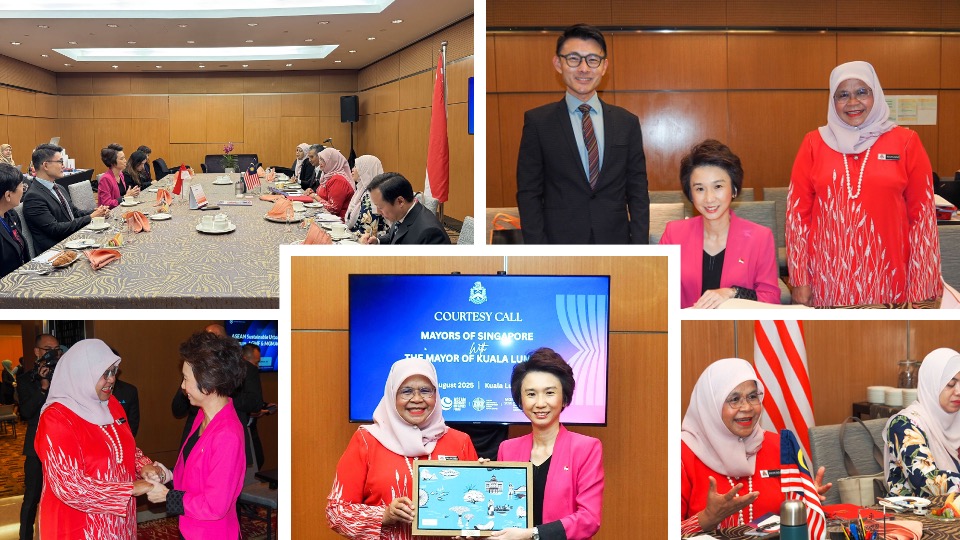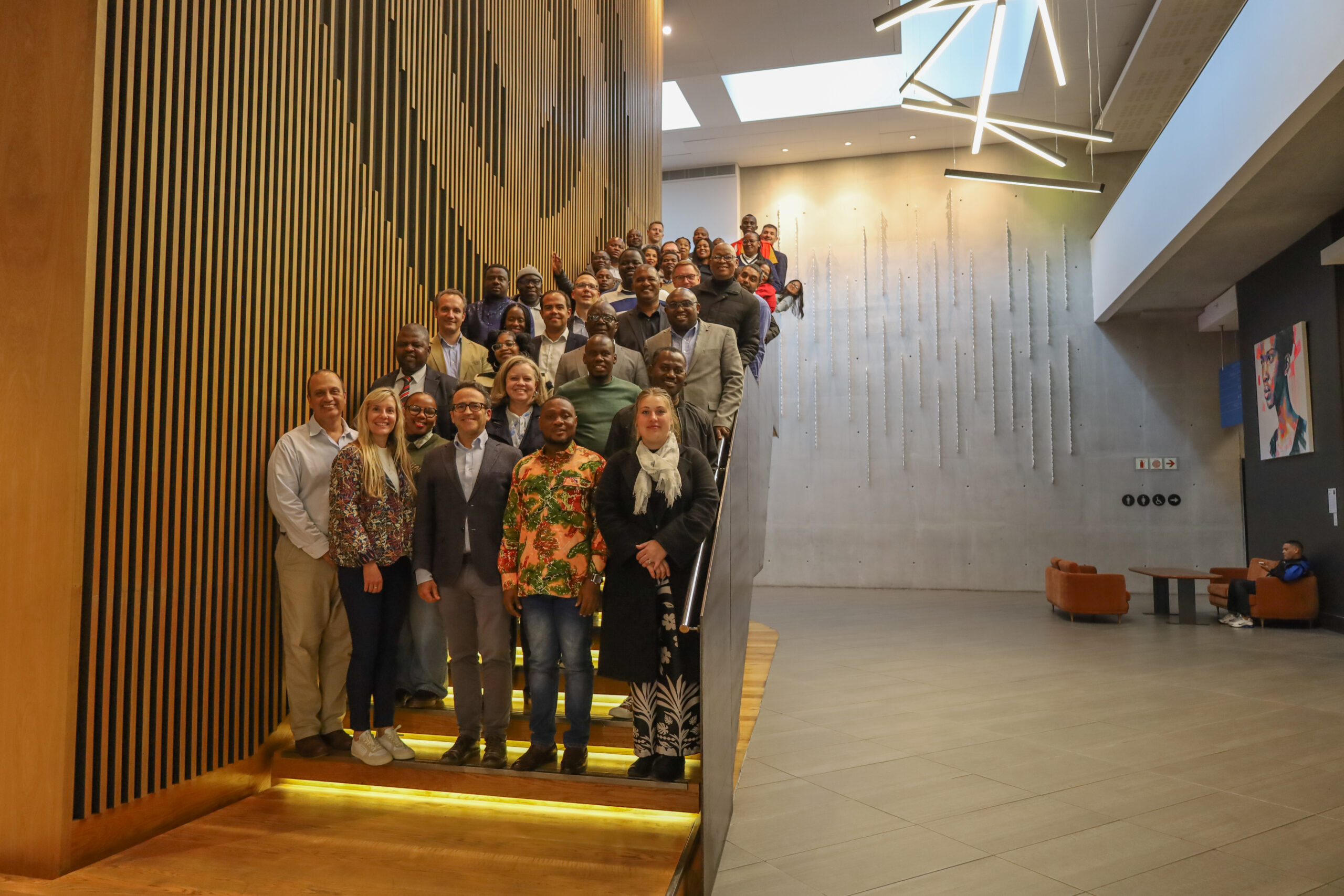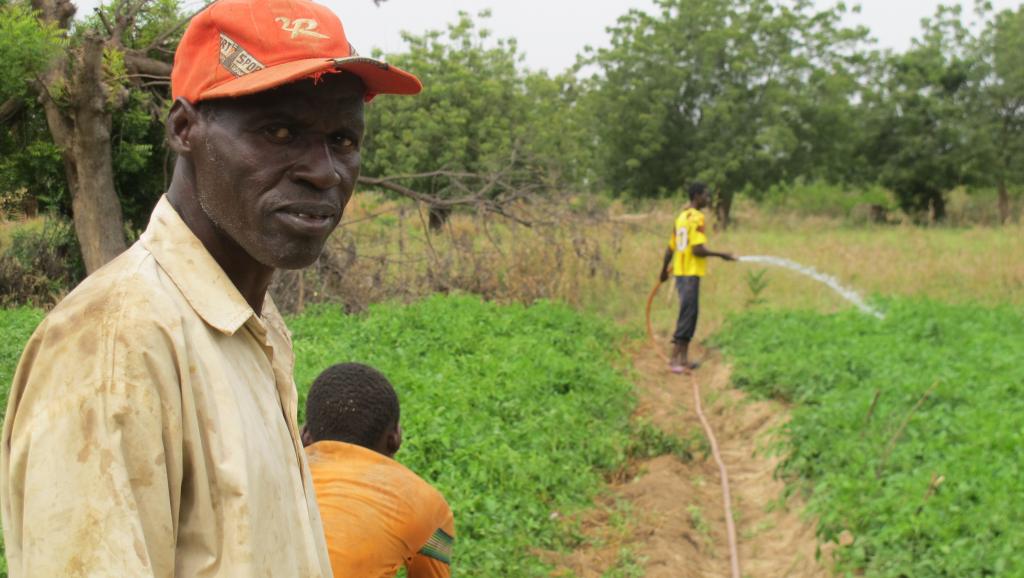GCoM Asian Signatories at the ASEAN Forum 2025: Cities, finance, and partnerships powering greener growth

The Global Covenant of Mayors for Climate & Energy (GCoM) thanks Malaysia’s Ministry of Housing and Local Government, Urbanice Malaysia, Kuala Lumpur City Hall, and UCLG-ASPAC for opening high-impact platforms for GCoM signatories across ASEAN +3 and beyond at this year’s ASEAN Sustainable Urbanization Forum (ASUF), held alongside the ASEAN Governors & Mayors Forum (AGMF) and the Meeting of Governors and Mayors of ASEAN Capitals (MGMAC) in Kuala Lumpur.
Across four packed days, ASUF convened 9,120 participants from 66 countries, including 300+ cities and their local government delegations, turning Kuala Lumpur into a living lab for resilient, inclusive, and finance-ready urban solutions. GCoM’s Asian signatories, including 22 Malaysian cities, Indonesian cities, and Vietnamese cities (ACVN), as well as cities in Thailand (Bangkok Metropolitan City and others), and Japanese cities (Tokyo Metropolitan Government and others), were delighted to engage through this event.
Strategic participation from GCoM partners and signatory cities
GCoM signatories, including Kuala Lumpur City Hall and Seberang Perai, leveraged the ASEAN platforms to exchange on climate investment, clean air, inclusive mobility, and multi-level governance. In one highlight, Mr. Timo Goosman, Minister Counsellor (Political Section) and Deputy Head of Mission at the Delegation of the European Union to Malaysia, joined Yang Berhormat Dato’ Haji Mohd. Noorazam bin Dato’ Haji Osman, Chief Executive of Iskandar Regional Development Authority, and Malaysia’s Ministry of Investment, Trade and Industry, for a multi-stakeholder dialogue, “Unlocking Green Opportunities: An Investment Framework for Sustainable Industry Growth,” focused on catalysing cross-sector partnerships for the green transition.
Kuala Lumpur’s Mayor, YBhg. Dato’ Seri TPr. (Dr.) Maimunah Mohd Sharif, engaged regional counterparts, including Singapore’s Senior Minister of State, Ms. Low Yen Ling (Ministry of Trade and Industry & Ministry of Culture, Community and Youth), Chairperson of the Mayors’ Committee and Mayor of the South West District, and Mr. Baey Yam Keng, Minister of State (Ministry of Transport and Ministry of Culture, Community and Youth) and Mayor of the North East District, along with their delegation members, underscoring practical cooperation on urban innovation and climate action at city scale.
Five takeaways for city climate leaders:
1. Climate finance got real, local, and actionable.
A high-level dialogue on financing emphasized treating philanthropy as strategic, building inclusive ESGs upstream with communities, and equipping cities to access blended finance, green bonds, and local climate funds. Malaysia’s national infrastructure development bank flagged SDG-aligned financing as it scales climate-resilient urban infrastructure, mirroring lessons from Malaysian Low-Carbon Resilient pilots and a Climate Project Funding Lab.
2. Clean air framed multilevel climate delivery.
A dedicated session made a compelling case that air-quality action succeeds when national, metropolitan, and local measures align, backed by data, financing, and public engagement. Bangkok’s 1,000-sensor monitoring network, EV public transport policy, cycling infrastructure, and citizen input into a Clean Air Act illustrate how governance and data converge to deliver healthier, lower-carbon cities.
3. ASUS & ASCN: from frameworks to implementation.
Leaders called for interoperable city data platforms, subnational coordination units, peer-review grants tied to the ASEAN Sustainable Urbanisation Strategy (ASUS), and a unified ASUS–ASCN portal with open dashboards. Technical clinics are set to help capitals accelerate data governance and participatory planning in the months ahead.
4. Smart-city partnerships with a finance toolkit.
A session on strategic partnerships introduced an ASEAN Smart Financing Toolkit, including a library of instruments, a selection tool, and discussion boards to help cities move beyond reliance on public budgets. Examples from the Philippines, Vietnam, and Indonesia highlighted how stronger creditworthiness and municipal bond market access can unlock infrastructure pipelines.
5. “SDGs in Action” made localization tangible.
More than 20 sessions showcased scalable, replicable solutions, from Prasarana’s path to carbon-neutral transit and youth-led resilience, to digital twins for participatory planning, to city-level circular-economy pilots. Malaysia’s SDG Cities program spotlighted rapid progress on Voluntary Local Reviews, 14 completed by 2024, with 26 more in progress for 2025, positioning cities as living labs where policy, finance, and innovation meet.
City sessions that stood out
Asia needs roughly €210 billion annually for climate-resilient infrastructure. City leaders, development banks, and networks converged on this investment gap and advocated municipal market development, ESG metrics, and community-driven finance mechanisms (including Islamic finance), so investments deliver social and climate outcomes.
Speakers stressed the city’s role in de-risking pilots, building national champions for digital integration, and monetizing urban assets to fund innovation, pragmatic advice for municipalities developing smart-city roadmaps that actually pay for themselves.
Singapore’s target that 8 in 10 households live within a 10-minute walk of a rail station by 2030, along with wheelchair-accessible networks and bus fleet electrification pathways, offered replicable templates for inclusive, low-carbon transport planning; sessions on affordability highlighted land-value capture and participatory budgeting to align housing supply with people’s real incomes and needs.
Kuala Lumpur City Hall (DBKL) and Seberang Perai engaged throughout the program; Seberang Perai’s delegation joined back-to-back dialogues at AGMF, and Malaysia’s Housing and Local Government Minister addressed the opening session to frame inclusive, climate-resilient urban futures.
SDGs in Action
Conceived as ASEAN’s open forum for local solutions, the SDGs in Action Stage surfaced policy-relevant insights (e.g., crowdsourced financing models), measurable circular outcomes (e.g., event waste diversion), and youth- and refugee-led approaches to inclusion, showing that scalable climate and SDG action often begins in community labs and university precincts before becoming citywide policy.
By the numbers
ASUF 2025 in Kuala Lumpur closed with a clear message: cities are ready. 300 cities represented by their mayors, vice-mayors and delegation members participated in the sessions. With 391 speakers, 130+ formal sessions and showcases, 2,324 registered representatives spanning local to national government, academia, and the private sector, and a strong sustainability footprint, the region signalled momentum toward ASEAN 2045 and COP30-aligned action.
Watch the closing ceremony here.

GCoM Asian Signatories at the ASEAN Forum 2025: Cities, finance, and partnerships powering greener growthSeptember 4, 2025

GCoM Asian Signatories at the ASEAN Forum 2025: Cities, finance, and partnerships powering greener growthSeptember 4, 2025
